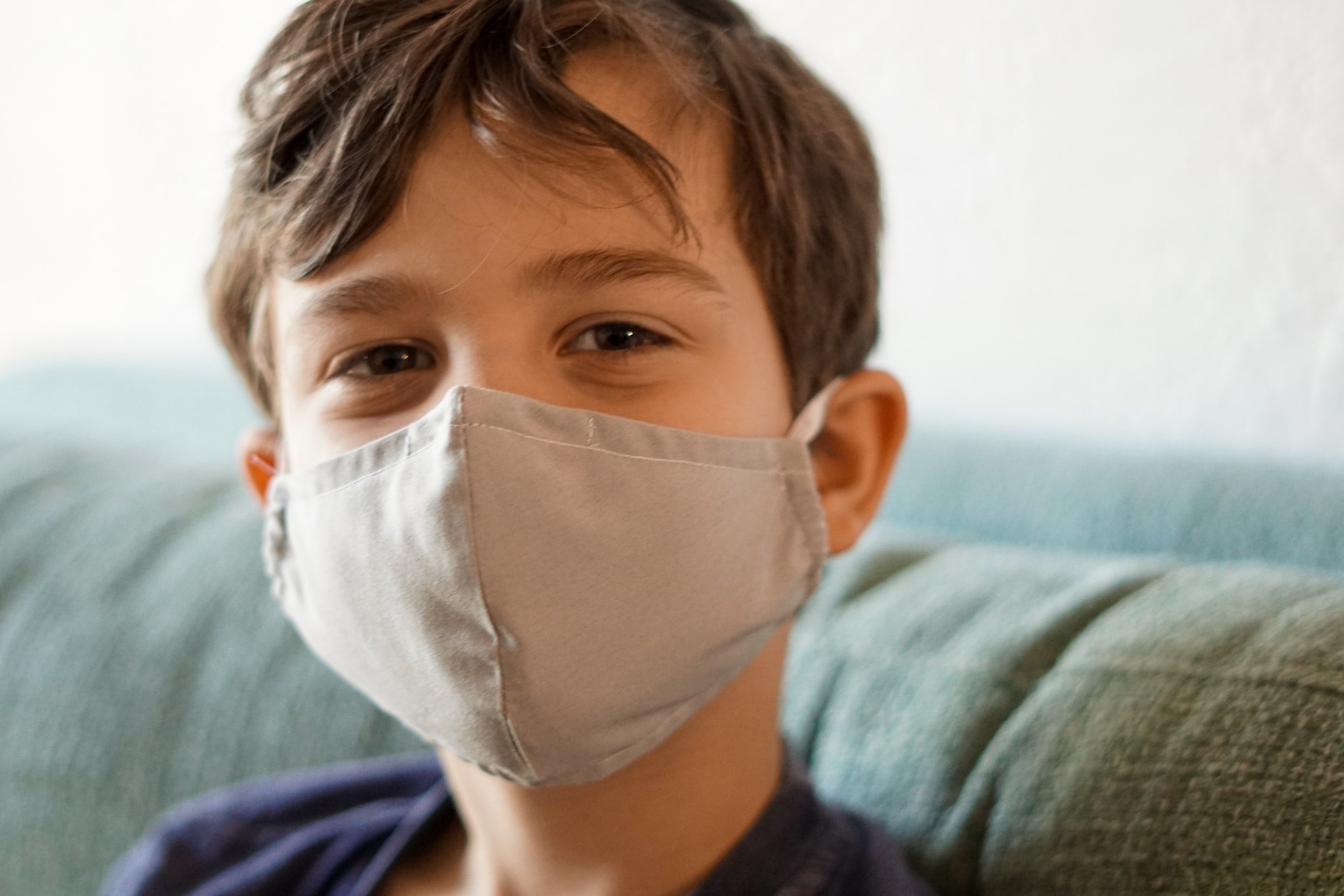COVID-19 demonstrated the need to include children in crisis response
While the world is slowly recovering from the effects of the COVID-19 pandemic, we are starting to grapple with the potential long-term impacts of the outbreak on children. We are also starting to see the opportunities to learn from its impact on child rights and how we may need to adapt future crisis response.
While primarily a healthcare crisis, the global COVID-19 outbreak has had a devastating effect on democratic systems and human rights around the world. While children were generally less affected by the health risks associated with the virus, they quickly proved far more vulnerable to the socio-economic effects of the pandemic and resulting lockdowns. The threats to children and young people’s well-being and equal realisation of their rights in particular concern:
Closure of schools: Since the onset of the pandemic, 1.5 billion children in 188 countries have been without access to education due to school closures, as many countries did not have the necessary infrastructure to carry out online learning. Not only did the closure of schools have a significant impact on children’s learning, children were also deprived of key platforms for engaging with their peers, participating in governance systems, and making their voices heard.
Mental health: Children have been disproportionately affected by mental health problems during the entirety of the global pandemic caused by isolation, loneliness, lack of physical activity and play, family stress, and limited child-friendly information on the pandemic. As a consequence, it is estimated that 13 percent of children aged 10-19 live with a diagnosed mental health disorder and UNICEF estimates that 46,000 children of the same age group die from suicide per year. Already underfunded health services have struggled to keep up with the increase in children’s mental health problems and mental health services are often modeled on adults without consulting with children. We will be further exploring child mental health policy in our upcoming interview with Dr. Jeffrey Goldhagen, Professor of Pediatrics at the University of Florida.
Economic vulnerability: Due to the COVID-19 pandemic’s worldwide effect on national economies, children already living in poverty find themselves facing ever increasing challenges to leading a safe and healthy childhood. The UN estimated that, in 2020 alone, the number of children living in extreme poverty increased from 42 to 66 million. Families’ lost incomes has also resulted in children being forced into labour. The continuing economic fallout risks having indirect impacts through funding cuts to services that children and their families rely on, as governments move to restrict their spending.
The technology gap: The COVID-19 pandemic shed light on and further exacerbated existing inequities in our society, including the gap in access to technology. It has demonstrated the necessity for children to have the resources and skills to communicate and engage online. Since the start of the pandemic, communication technology has been vital in allowing children to access education, access information, being able to connect with their peers, and to be able to play and relax. However, as of December 2020, 1.3 billion of the world’s school age children did not have internet connectivity in their homes. Part of the global recovery effort must be aimed at creating safe and accessible online spaces for children to be able to learn, play and engage, as well as ensuring that this would be maintained in future crises. For further insights on the importance of technology for children, please see our upcoming interview with Dr. Sonia Livingstone, Professor of Social Psychology from the London School of Economics.
Moving forward, we believe that children and young people can, and should, play a significant role in identifying barriers and solutions to the realisation of their rights in an ever changing world. As we look ahead and define how we can collaborate and co-create solutions with children in the future, we should look back and learn from the wealth of good and inspiring examples of governments responding to the pandemic in consultation with children. To support children’s mental health, Germany funded a ‘JugendsNotmail’, an emergency response system for children facing mental health crises. Latvia opened a free hotline for parents with children with mental health problems. Spain prioritised open access to information for children by opening an online platform which children could share their thoughts and concerns to, which were then addressed at a televised government press conference. Norway employed a similar strategy in which three top politicians, including the Prime Minister, held conferences exclusively for children in order to address their questions and concerns. In Mongolia, youth-led climate programs moved seamlessly online, allowing children and young people to continue to engage in climate advocacy throughout the pandemic.
These practices show that emergency response is unequivocally helped by children’s involvement in crisis policy. As the world moves out of the current pandemic, it is necessary to formulate pandemic and disaster response systems that protect children’s rights, but also incorporate them into the decision-making process. Nobody other than children and young people themselves are adequately equipped to advise on what children need during a global pandemic and the subsequent fallout from it. Children must participate in order to affect the future of digital and remote learning, their safeguarding and protection during national lockdowns, and how to best provide public services. Now is the perfect time to reflect on the first two years of the pandemic’s effect on children and, with their insights, develop systems which will lead to their protection in future global and national emergencies.
About the Author
Hugo McCullagh is Advocacy and Policy Specialist at the Child Friendly Governance Project


